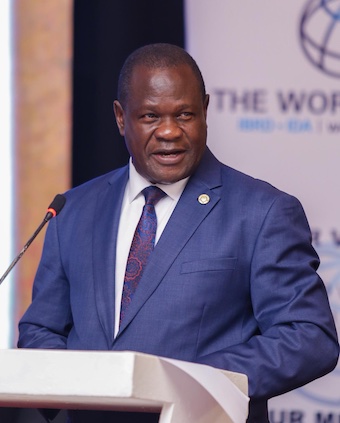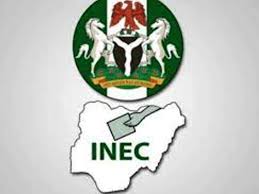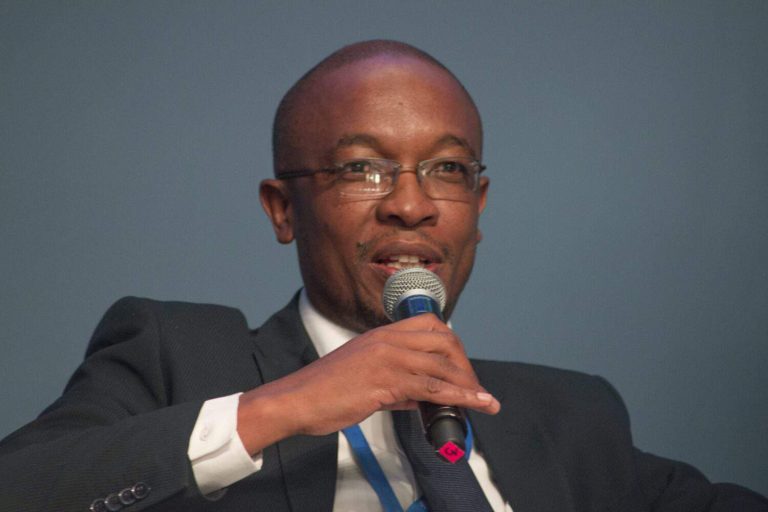
The World Bank has warned that Uganda’s generous tax exemptions and weak enforcement of income tax on the wealthy are eroding the country’s revenue base, leaving the government increasingly dependent on taxes that hit ordinary consumers hardest.

In its latest Uganda Economic Update, the bank paints a candid picture of imbalance: a handful of individuals and corporations enjoy sweeping exemptions while the bulk of the tax burden falls on everyday citizens through consumption taxes like VAT and excise duty.
“Low revenue effort limits the government’s fiscal space and undermines its capacity to invest in critical sectors such as health, education, infrastructure and social protection,” the report notes.
Uganda’s tax system is broad on paper; it includes corporate and personal income tax, VAT, excise duties, and a common external tariff, yet narrow in practice. The tax-to-GDP ratio, hovering between 12 and 14 per cent, remains one of the lowest in East Africa, well below the regional average of nearly 18 per cent.
According to the 2024 Tax Expenditure Report from the ministry of Finance, the government lost over Shs 1.6 trillion in tax exemptions in just one year. Members of parliament alone accounted for Shs 638.6 billion, while security agencies received Shs 965.65 billion, and the Judiciary an additional Shs 30.34 billion.
For a country struggling to meet its social and infrastructure commitments, the losses are crippling. In the 2023/2024 financial year, the Uganda Revenue Authority (URA) collected Shs 27.7 trillion, missing its target by nearly Shs 1.9 trillion.
While collections rose to Shs 31.6 trillion in 2024/2025, the gap between what Uganda collects and what it needs remains stubbornly wide. The World Bank argues that this imbalance is structural, rooted in political choices that favor elites and big investors at the expense of fiscal stability.
“If Uganda’s budget is to meet the needs of a rapidly growing population, the country must do much more to mobilize domestic revenue,” said Qimiao Fan, World Bank Country director for Kenya, Rwanda, Somalia and Uganda.
WHO PAYS AND WHO DOESN’T
The bank’s report singles out high-net-worth individuals (HNWIs) and large firms as the biggest contributors to Uganda’s revenue leakage. Many wealthy individuals underreport earnings or shift income to avoid taxes, while corporations benefit from a patchwork of exemptions, including 10-year corporate income tax (CIT) holidays, intended to attract investment but often abused.
The bank recommends scrapping or tightening many of these provisions, saying they “erode the tax base” and “distort competition.” It also calls for adjustments to depreciation schedules, a review of personal income tax brackets, and reforms to VAT and rental income regimes to make the system fairer.
If implemented, these reforms could increase tax revenue by up to 0.5 per cent of GDP, a modest but meaningful gain in a budget under strain. The report also flags the informal sector, which accounts for more than 40 per cent of Uganda’s economy, as a persistent blind spot.
Millions of small traders and entrepreneurs remain outside the tax net altogether. Uganda’s ministry of Finance has acknowledged the Bank’s concerns but is wary of adopting blanket reforms that could hurt household incomes or small businesses.
Patrick Ocailap, acting permanent secretary and secretary to the Treasury, said the government is already taking steps to “rationalize tax expenditures” and improve efficiency but warned that some of the proposed changes could “increase the tax burden on individuals rather than reduce it.”
“The tax system must support national savings and enterprise creation,” Ocailap said. “Over-taxing household savings could be counterproductive and worsen poverty.” Instead, Ocailap emphasized administrative reforms, digitization of tax systems, business formalization, and regulatory streamlining, as more sustainable ways to boost compliance and expand the tax base.
The debate over taxation cuts to the heart of Uganda’s economic dilemma. Official development assistance is falling, debt repayment pressures are growing, and population demands are surging.
With public spending needs rising faster than revenue, the government faces a narrowing fiscal path. The World Bank’s message is blunt: Uganda must choose between political convenience and fiscal sustainability.
Ending preferential treatment for well-connected groups, the report suggests, would free up billions for schools, hospitals and infrastructure, the very services most Ugandans rely on. But doing so means confronting entrenched interests that have long benefited from a system designed to favor them.
As one Kampala-based economist put it, “The real question isn’t whether Uganda can raise more revenue. It’s whether it has the political will to ask the right people to pay



